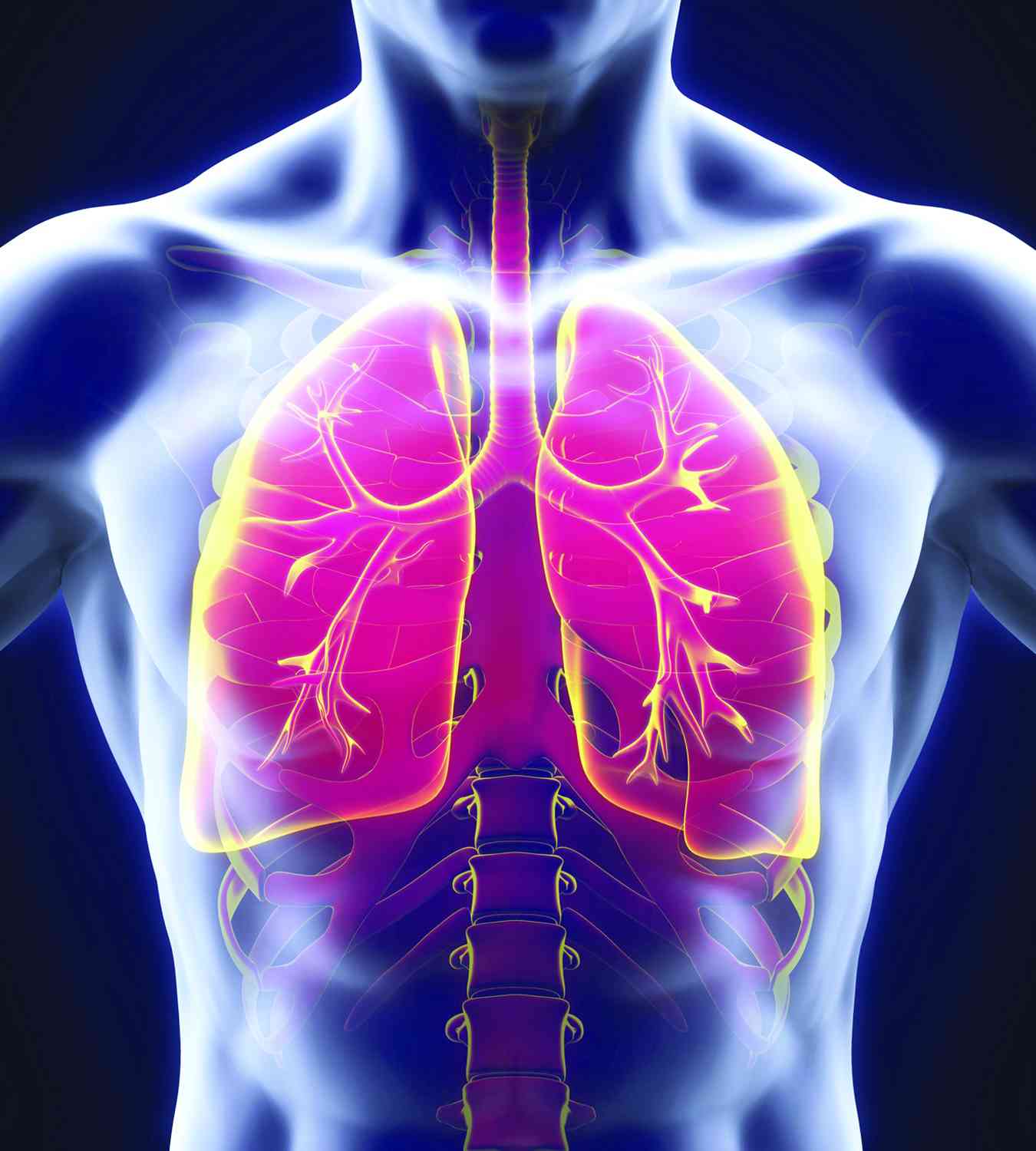
As winter takes hold, the crisp air and colder temperatures signal a seasonal shift, not only in weather, but also in health risks. The arrival of winter often brings a surge in respiratory diseases, affecting individuals of all ages.
Among the most concerning illnesses is pneumonia, a serious lung infection that can be particularly dangerous during the colder months.
“The winter season presents challenges for respiratory health, but awareness and proactive measures can help mitigate risks,” Cimas Health Group Dr Tendai Gwangwara said.
He added that as the cold months continue, understanding pneumonia and its impact remains vital to protecting communities from seasonal illnesses.
Gwangwara explained that pneumonia occurs when the lungs become inflamed due to infection by bacteria, viruses or fungi.
“Pneumonia is the inflammation of the lungs which is usually caused by bacteria but can also be caused by other microorganisms such as fungi and viruses.
“It leads to symptoms such as coughing, fever, difficulty breathing, chest pain and fatigue. While pneumonia can affect anyone, its impact is especially severe for young children, older adults and individuals with weakened immune systems due to underlying conditions.
“Cases of pneumonia tend to increase during winter due to increased incidence of respiratory infections such as the influenza virus, which increases the chances of getting pneumonia.
- Good hygiene, lifestyle changes essential to prevent pneumonia
- Early treatment of bronchitis helps
Keep Reading
“In winter, people also tend to spend more time indoors with little ventilation, increasing the transmission of respiratory infections,” Gwangwara added.
During winter, cold air and indoor heating can dry out airways, making them more susceptible to infections. Additionally, close indoor gatherings increase the spread of germs, contributing to the rise in pneumonia cases.
Gwangwara explained that pneumonia is usually classified by the setting in which it was acquired, for example, community acquired pneumonia, hospital acquired pneumonia, aspiration pneumonia, pneumonia in immuno-compromised patients and ventilator-acquired pneumonia.
“It can also be classified according to the causative organism such as bacterial, fungal or viral,” he added.
He said the micro-organisms that cause pneumonia can be spread through respiratory droplets and touching contaminated surfaces. He, however, said this does not always mean you will develop pneumonia.
“Anyone can get pneumonia, but it is more common at the extremes of age and in people with poorly controlled chronic illnesses which compromise the immune system, such as HIV, diabetes, chronic kidney disease and malnutrition.
“Other people that can be affected include frequent travellers to high pneumonia burden areas, smokers and people who live in crowded environments such as prisons, shelters for the homeless and hostels,” he added.
Gwangwara said symptoms of pneumonia usually depend on the immune state of a person and the cause, but the common symptoms include a dry or productive cough, fever or hot body and chest pain.
He also pointed out that pneumonia is different from a cold, flu or bronchitis.
“Pneumonia differs from these conditions in severity, causes, symptoms, areas affected and duration of symptoms. It is usually more severe and lasts longer than all these other conditions,” he said.
To diagnose pneumonia, Gwangwara said radiological investigations such as a chest X-rays, blood investigations and sputum tests, are among the tests that can be performed.
“An X-ray will not always detect pneumonia, especially if it is done early before any noticeable changes occur in the lungs. When pneumonia is suspected and a chest X-ray is normal, it can be repeated later during the illness.
“An accurate diagnosis of pneumonia can be made during a doctor consultation after a thorough history taking of the symptoms, a meticulous physical examination and a chest X-ray. Other additional investigations may take some days,” he added.
Gwangwara indicated that the standard treatments for bacterial, viral and fungal pneumonia typically include antibiotics, antivirals or antifungals, depending on the cause.
“Other treatments such as oxygen, cough mixtures, intravenous fluids and painkillers will depend on the symptoms and severity. It is important to emphasise therefore that antibiotics do not treat flu.
“With pneumonia patients, antibiotics either kill the bacteria directly or halt the growth and multiplication, enabling the immune system to clear the bacteria.
“Untreated or improperly-treated pneumonia can result in complications such as pleural effusions, lung abscesses, sepsis or even death. Recovery from pneumonia depends on a lot of factors, including the causative agent, severity, immune status of the person and the treatment received. It may take a few days for mild cases to months for severe ones,” he said.
Gwangwara added that hospitalisation may be necessary for moderate and severe cases. Other underlying conditions may also influence the risk of being hospitalised, especially in individuals living with poorly controlled multiple comorbidities.
Pneumonia can also complicate other underlying conditions that may also necessitate hospitalisation.
“Vaccines help prevent pneumonia. There are several ones which can be used, among them, influenza vaccines, pneumococcal vaccines, RSV vaccines and Covid-19 vaccines.
“Everyone can benefit from pneumonia vaccines, especially those who are at increased risk of contracting the illness.
“Lifestyle changes can also significantly reduce the risk of getting pneumonia. These include getting regular vaccinations, smoking cessation, eating a healthy diet, avoiding exposure to sick contacts, keeping chronic illnesses well-controlled and practicing good hygiene.
“Good hygiene, which includes well-ventilated spaces, regular hand washing, avoiding touching your mouth and nose with unwashed hands and covering your mouth when coughing, is important as it significantly reduces the risk of exposing your respiratory tract to organisms that can cause pneumonia.
“Vaccination and seeking timely medical care is also essential in preventing severe complications,” Gwangwara said.
The information in this article is provided as a public service by the Cimas iGo Wellness programme, which is designed to promote good health. It is provided for general information only and should not be construed as medical advice. Readers should consult their doctor or clinic on any matter related to their health or the treatment of any health problem. — [email protected]/ WhatsApp: 0772 161 829/ phone 024-2773 0663.











